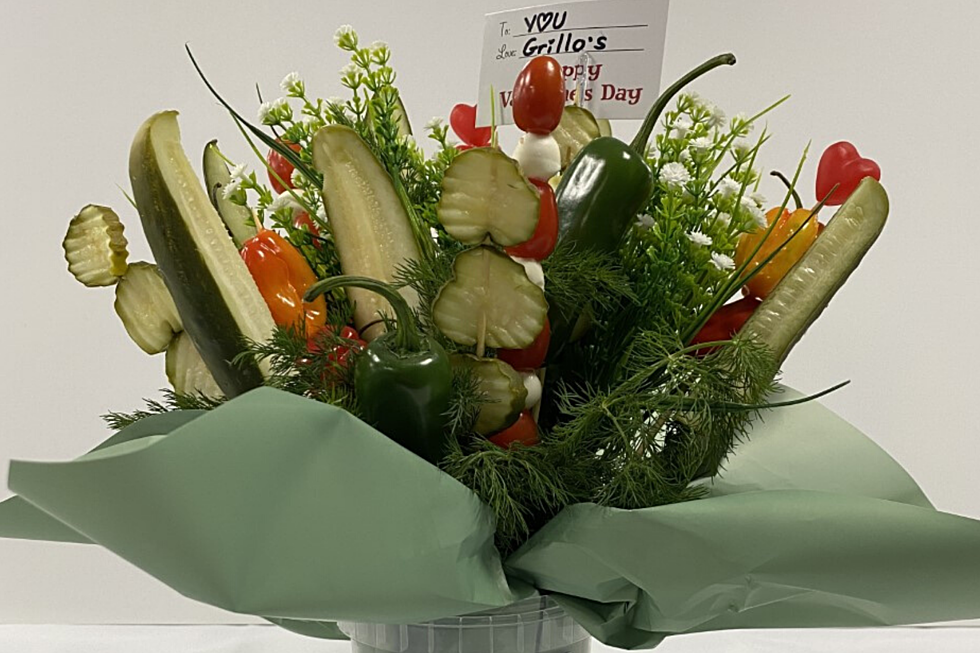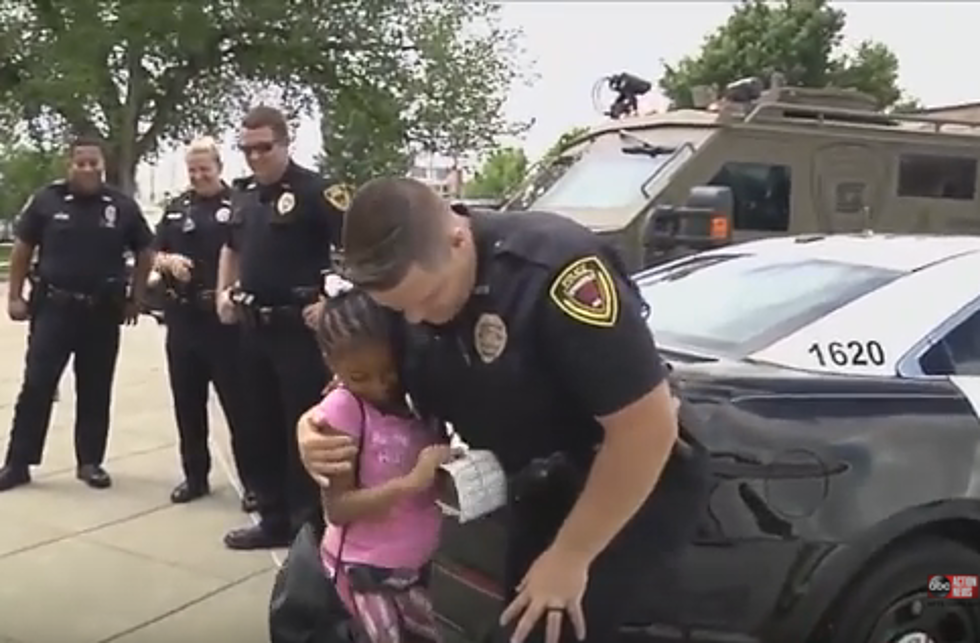
They Married at a Hospital Chapel, Days Before the Groom’s Triple Bypass Surgery
Although weekday weddings are a growing trend, Daniel Pecoraro and Lisa Siegel hadn't originally scheduled theirs for a Monday afternoon. And certainly not at a hospital near their home in Boynton Beach, Florida.
But married life requires adjusting to situations, and they faced a drastic one days before their vows were to be exchanged.

Last October, during his workday as a middle school science teacher, 55-year-old Pecoraro felt pain shoot down his left arm and in his chest. It didn't last long. Days later, it happened again.
He knew the symptoms could be related to a heart attack. Still, he thought he should wait until they were more severe. This came despite having spent the past 30 years bracing for the possibility of having a heart attack.
It started in his mid-20s, with a doctor warning Pecoraro to clean up his lifestyle, particularly to stop smoking and get his weight under control.
He gave up smoking after a few years. His weight topped 385 pounds before he took action. That happened after his doctor warned him that he could face kidney failure if he didn't get his weight under control. He lost almost half, then settled at about 275 pounds. Along the way, he was diagnosed with diabetes and started taking medication.
As for exercise, he figured that spending his days running from class to class and meeting to meeting was taxing enough. Plus, he spent his summers working on his house and his father's.
Last summer, he put in extra time at his father's house, going so far as to bust up concrete by hand because he didn't have machinery. Working outside under the Florida sun took its toll. He started to feel small heart palpitations.
Pecoraro went to a cardiologist and got a full checkup. Nothing was amiss.
That is, until October.
On a Friday morning, a week after the first pains in his arm and chest, he'd just finished one meeting and was rushing to another when the pain hit him again.
He stopped at a secretary station on the way.
A secretary offered to get someone to take the rest of his classes. He refused to let her call an ambulance, but he accepted an offer of a ride home.
Once there, his fiancé and partner of eight years, Lisa Siegel, drove him to the emergency room.
Diagnostic tests showed Pecoraro was having a heart attack. Doctors told him he had major blockages in at least three arteries. He would need bypass surgery.
They said they still needed to do more testing and that the surgery would likely take place a week later. Meanwhile, he would have to stay in the hospital.
Siegel, whose first husband died of an apparent heart attack when he was 39, couldn't believe this could be happening again. She thought about her son, Dylan, who Pecoraro has helped to raise. Now 16, Dylan was born just months after his father died.
Pecoraro trusted that the bypass surgery would restore his health. His uncle, in fact, had survived two separate bypass surgeries.
What he wondered about was the status of his wedding. After years of talking about it, then finally setting a date, he and Siegel were hoping to salvage the magic moment.
The original plan was to have a small ceremony at Pecoraro's mother's house and a dinner party for a dozen people at a nearby resort hotel. They'd already paid for the marriage license and a rabbi.
"Maybe we can just get married at the hospital," Siegel said. "We can have a simple bedside ceremony with family."
Pecoraro remembered that the hospital had a chapel. He asked nurses if they could have the ceremony there. After all, he wasn't bedridden.
Hospital officials were happy to facilitate such a joyous event, and the rabbi was willing to officiate at the hospital.
On Nov. 7, four days before Pecoraro's open-heart surgery, the couple married in front of immediate family and 20 hospital staffers.
Siegel decided to skip the fancy dress she was planning to wear. Instead, she pulled a white blouse out of the closet. Pecoraro traded his hospital gown for blue slacks and a blue plaid long-sleeve shirt with a boutonniere pinned to it. His other accessory was an IV pole.
"It ended up being so nice and casual," Siegel said. "Getting married in a hospital chapel is a little weird, but it was also romantic. It was a very, very special moment."
Recovery from a triple bypass has been "excruciating," Pecoraro said, more painful than he expected. He's making progress, though. He plans to return to teaching in mid-February.
Pecoraro and Siegel are trying to adopt more of a heart-healthy lifestyle. For instance, they're looking to reduce salt and fats in their diet, and they plan to exercise more.
Siegel, who works at home, has enjoyed having her new husband around during the day for the past few months. While she wouldn't categorize it as a honeymoon, "our extra time together has been really nice."
Stories From the Heart chronicles the inspiring journeys of heart disease and stroke survivors, caregivers and advocates.
If you have questions or comments about this American Heart Association News story, please email editor@heart.org.
Copyright is owned or held by the American Heart Association, Inc., and all rights are reserved. Permission is granted, at no cost and without need for further request, for individuals, media outlets, and non-commercial education and awareness efforts to link to, quote, excerpt or reprint from these stories in any medium as long as no text is altered and proper attribution is made to American Heart Association News.
Other uses, including educational products or services sold for profit, must comply with the American Heart Association’s Copyright Permission Guidelines. See full terms of use. These stories may not be used to promote or endorse a commercial product or service.
HEALTH CARE DISCLAIMER: This site and its services do not constitute the practice of medical advice, diagnosis or treatment. Always talk to your health care provider for diagnosis and treatment, including your specific medical needs. If you have or suspect that you have a medical problem or condition, please contact a qualified health care professional immediately. If you are in the United States and experiencing a medical emergency, call 911 or call for emergency medical help immediately.
More From KXRB









